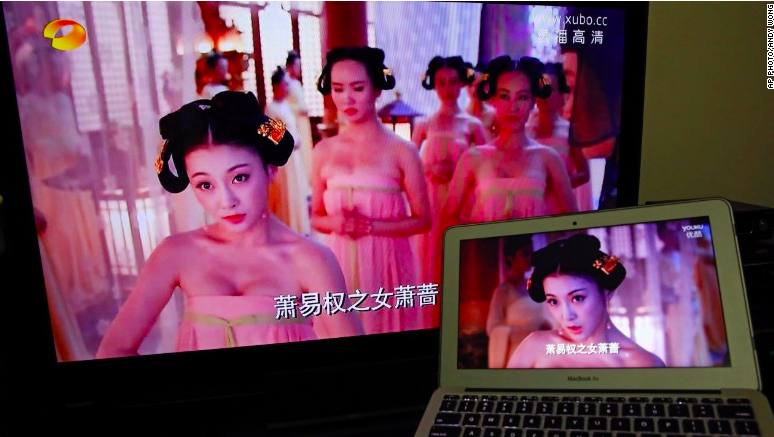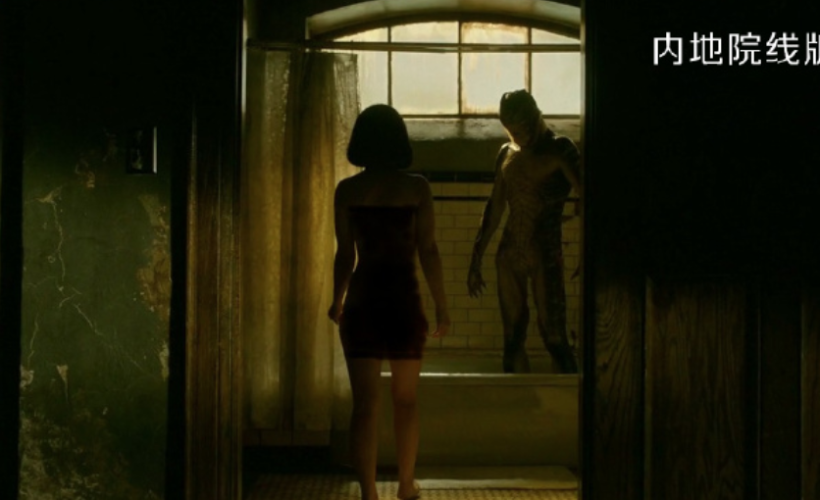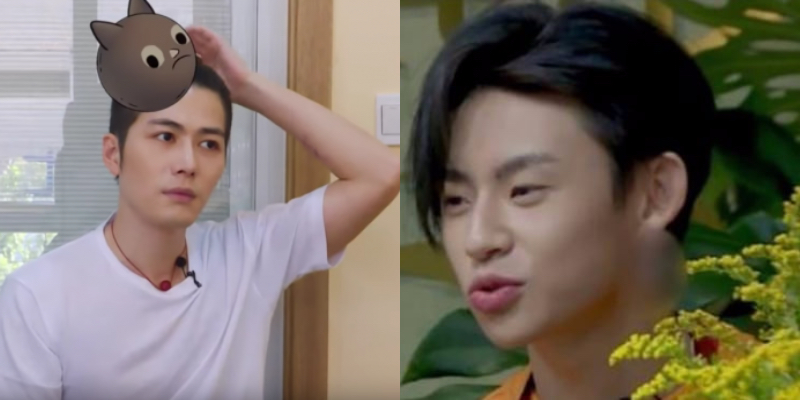Throwback Thursday: Navigating the Maze of Chinese TV Censorship
It's weird, it's wonderful, it's a deep-dive into 11 years of blog archives. It's time for Throwback Thursday...
This Thursday, we travel all the way back in time to 2011, when the authorities launched a particularly strong offensive on some of our favorite TV shows (just don't tell anyone because time travel is banned too – more on that later).
Eight years ago, censors were especially fed up with depictions of police, romance, and spies on TV. The temporary ban was implemented during a "propaganda period" in preparation for the then-upcoming 90th anniversary of China's Communist Party. As such, content was replaced by "a wholesome diet of patriotic propaganda that [would] glorify the party ahead of the anniversary on Jul 1,” including dozens of winning formulas that spanned “dramas related to the founding of the party” or “comedy about mothers and their daughters-in-law.” As much as a diet of "dozens" of CCP dramas sounds kind of intriguing, no one seemed to lament the lifting of the ban once the big day had passed.
Since then, Chinese censors have flirted with various other restrictions, ranging from the kind of understandable (nudity) to the completely ridiculous (man buns). Let's take a look at a few of the more fascinating targets over the years.

Costume Dramas
Level: Some restriction
There is no love greater than the one between a Chinese audience and a good old fashioned costume drama. Even if you haven't watched one yourself, and don't speak Mandarin, there is a good chance that you've acquired a basic knowledge of at least one concubine-replete love story because everybody is watching them, all of the time. While regulations are looser online, TV stations are only allowed to allocate 15 percent of their airtime to costume dramas.
Back in January 2019, certain hit costume dramas were taken down from the streaming platforms after an article published in Beijing Daily accused the shows of encouraging viewers to pursue glamorous lifestyles and promoting pleasure above the virtues of hard work.
Then in March 2019, another temporary ban specifically targeting streaming platforms was implemented. The ban, which will last until June 2019, directly affects costume dramas, with some shows removed completely, and delaying the airing dates of others. It's difficult to measure how successful the new regulations have been; a casual surf on Youku reveals at least a few dramas remain available for free streaming.

Cleavage and nudity
Level: Strict
What's better than a costume drama? A costume drama drowning in cleavage, of course. Or at least it was until the government banned that too. The ultra-popular The Empress of China, also known as the Saga of Wu Zetian, starring persona non grata star Fan Bingbing is considered the catalyst for this anti-boob regulation. Back in 2015, the show aired on Hunan TV but was pulled a few days later due to "technical reasons." Technically it was way too titillating so when it reappeared on screens, the Tang dynasty drama was lacking its previous oomph, with cleavage-revealing having been re-cropped to only show the actors' faces. Despite the censorship, fans still call it by its nickname The Saga of Wu's Breasts.

Nudity has always been a troublesome topic for Chinese censors, and extreme lengths are often required in order to protect public morality, as anyone who has watched the 2017 Academy Award-winning film Shape of Water in mainland cinemas can attest. In this instance, censors superimposed a dark, shadow-like modesty dress over Sally Hawkins prior to her absconding with the creature from the black lagoon, which led to a slew of hilarious parodies.

Time travel
Level: Strict
In our opinion, regulations on time travel should be strict. The potential for altering past-future events by squashing the wrong prehistoric mosquito, becoming your own grandfather, or destroying the very fabric of space-time itself is huge! But we're talking about real-world application, not TV depictions. Shows involving time travel were banned in China in 2011, and while the ban applies to only a very small portion of TV content, the restriction is still up and running. The reason that the State Administration of Radio, Film, and Television (SARFT) gave for this ban was that time travel dramas "casually make up myths, have monstrous and weird plots, use absurd tactics, and even promote feudalism, superstition, fatalism, and reincarnation," all of which sound pretty great to us. If you were wondering, reincarnation also enjoys a ban all of its own. We wonder why that could be.

Man earrings
Level: Unclear
That's already a lot of banning but alas, a censor's work is never done. In the tail end of 2018, viewers were met with a new trend on online streaming services: blurry male earlobes. That's because a new, altogether weirder regulation on male earrings came into play as a means to preserve the government's fragile sexual state, decreeing that China's male celebrities were harming the populace by being too girly. However, it remained unclear whether the pixelated lobes were the result of an interpretation on the earlier "no obscenity" regulation that saw tattoos covered up, or a direct targetting of the nefarious earrings.
Joking aside, with each restriction bearing down more heavily on the TV industry's shoulders, it truly makes it hard for creators to entertain viewers. Yet netizens, as usual, find the lighter side of the situation, pointing out that many of China's classic novels, like Journey to the West or Dream of the Red Chamber, would be unsuitable for mainland TV given that they explore themes of superstition, teenage and extramarital love, reincarnation, vengeance, and feudal thoughts. If it was OK then, perhaps it will one day be OK again.
READ: Soaring Smog Levels, Intrepid Inspectors, and Half-Baked Cover-ups
Images: Goody Feed, CNN







